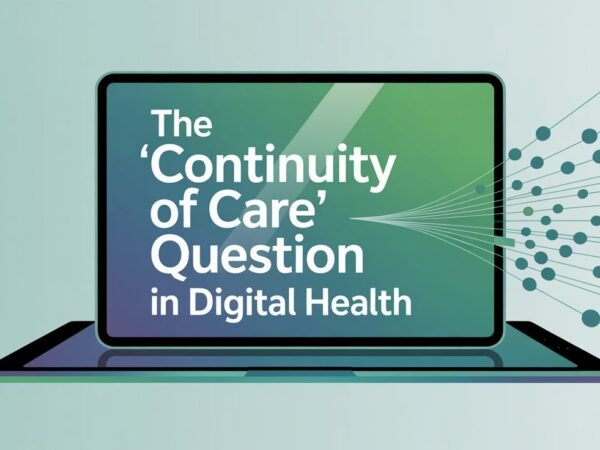In an undeniably globalized world, getting quality medical services doesn’t need to be restricted by public lines. The idea of border-free health addresses a huge change in how people can get clinical consideration, rising above customary geographic and regulatory hindrances. This article explores how to access quality consideration through Border-Free Health, offering useful advice on navigating this innovative approach to healthcare.
Understanding Border-Free Health
Border-Free Health is a model of healthcare delivery that allows patients to seek medical services across international borders. This approach utilizes technology, global partnerships, and streamlined processes to provide patients with top-notch care regardless of their location. It aims to overcome barriers such as limited local resources, long wait times, and high costs, offering a more flexible and accessible healthcare experience.
Steps to Access Quality Care with Border-Free Health
Research and Choose a Reputable Provider
The first step in accessing quality care through Border-Free Health is to research and select a reputable healthcare provider. Look for medical institutions or platforms that are known for their excellence in care and have a strong global presence. Check for certifications, accreditations, and reviews from other patients to ensure the provider meets high standards of quality and safety.
Reputable providers often have partnerships with global health organizations or are accredited by international bodies like the Joint Commission International (JCI). These credentials indicate that the provider adheres to rigorous standards and practices.
Consult with Your Primary Healthcare Provider
Before seeking treatment abroad, consult with your primary healthcare provider. They can offer valuable advice on whether Border-Free Health is appropriate for your needs and help you understand the potential benefits and risks. Your primary provider can also assist with obtaining necessary medical records and referrals, which may be required by international healthcare providers.
Review Payment Options
Review the payment options available. Many international providers accept credit cards, wire transfers, or other secure payment methods. Be aware of any additional fees or currency exchange costs that might apply. Ensure that you receive a clear breakdown of the costs and any potential extra charges.
Plan Your Travel and Stay
If your treatment requires travel, plan your trip carefully. Ensure that you have a valid passport, any necessary visas, and arrangements for transportation and accommodation. Healthcare providers often offer support services to assist with travel logistics and accommodations.
Consider booking accommodations near the healthcare facility for convenience and to reduce travel-related stress. Some medical institutions also have partnerships with local hotels or offer on-site lodging for patients and their families.
Prepare for Medical Records and Communication
When accessing care internationally, having your medical records in order is crucial. Request copies of your medical history, test results, and any other relevant documents from your primary healthcare provider. Ensure these records are translated into the language of the country where you will receive care if necessary.
Effective communication with your international healthcare provider is key. Use secure communication channels to discuss your treatment plan, ask questions, and address any concerns. Many providers offer translation services or multilingual staff to assist with communication.
Follow Up and Monitor Your Care
After receiving treatment, follow up with your international healthcare provider as needed. Ensure you have clear instructions for post-treatment care and any necessary follow-up appointments. Keep your primary healthcare provider informed about your treatment and recovery process to ensure continuity of care.
Monitor your health and report any issues or concerns to your provider promptly. If you experience any complications or side effects, seek medical attention immediately.
Final Thought
Accessing quality care with border-free health represents an innovative approach to healthcare, offering individuals the opportunity to seek top-notch medical services beyond their national borders. By researching reputable providers, consulting with your primary healthcare provider, understanding insurance coverage, evaluating costs, planning travel, preparing medical records, and following up on care, you can navigate the complexities of global healthcare.
Border-Free Health empowers patients to overcome geographic and regulatory barriers, providing access to a wider range of medical services and treatments. Embracing this approach can lead to better health outcomes and a more flexible, personalized healthcare experience.
Do Read: Common Types of Skin Infections













